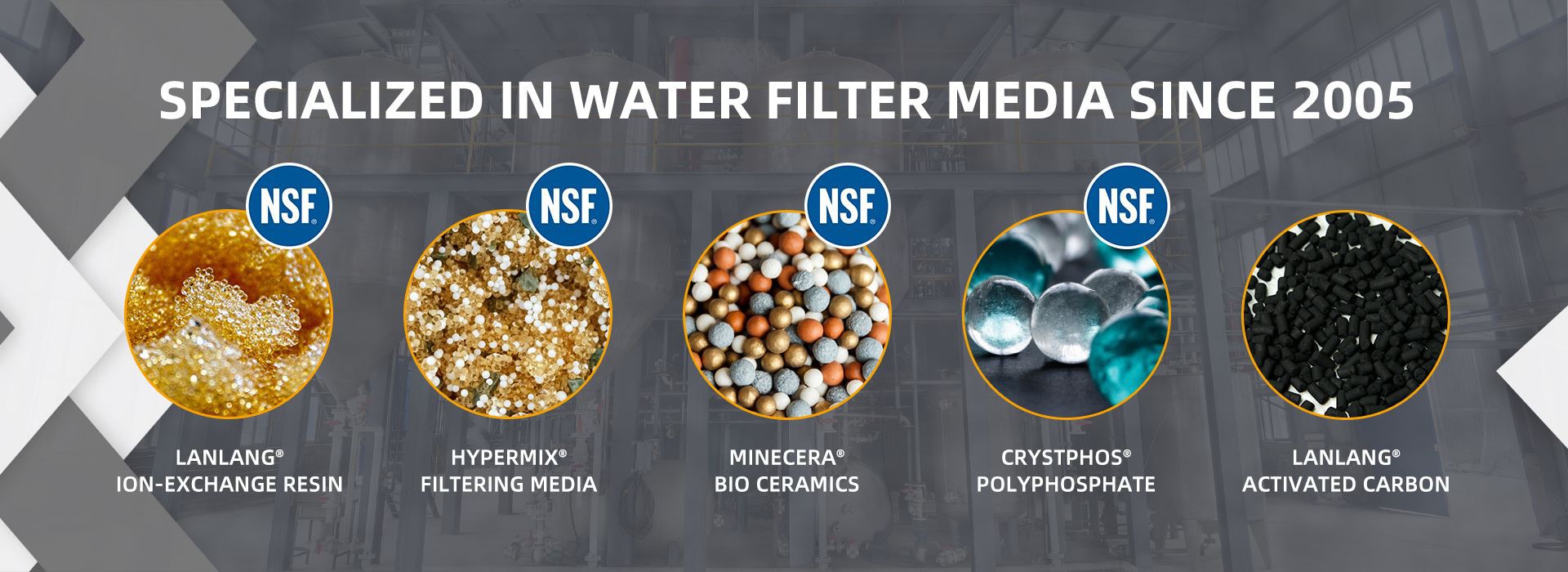Polyphosphate is a water treatment solution that has been around for decades. It is a cost-effective and efficient way to eliminate scale, corrosion, and other problems in industrial and residential water systems. Here are some benefits of using polyphosphate in water systems:
1. Scale Reduction
The accumulation of scale in water systems is a common problem that can lead to various issues, including decreased efficiency, damage to pipelines, and increased energy costs. Polyphosphate, when added to the water system, will bind to calcium and magnesium ions, which are responsible for scale formation, and prevent them from forming.
2. Corrosion Prevention
Corrosion is a problem that can arise in different water systems, such as pipelines, boilers, and water heaters. It can lead to leaks, clogs, and other problems. Polyphosphate can prevent corrosion by forming a protective layer on the metal surface that inhibits the corrosion process.
3. Energy Saving
The accumulation of scale in a water system can lead to decreased efficiency, which means more energy is required to maintain the desired temperature. By eliminating scale, polyphosphate can increase the efficiency of the water heater, boiler, or any other equipment that uses water.
4. Cost-effective
Polyphosphate is a cost-effective solution compared to other water treatment solutions. It is easy to install and maintain, which means it requires less cost compared to other water treatment solutions.
5. Easy to Install
Polyphosphate can be easily installed in any water system. It can be added to the water lines, and it does not require any modification to the existing system. The ease of installation means it can be done quickly and efficiently.
6. Environmentally friendly
Polyphosphate is an environmentally friendly solution that does not pollute the environment. It is safe and non-toxic to humans, animals, and the environment.
In conclusion, polyphosphate is a cost-effective, efficient, and environmentally friendly solution for water treatment systems. It can eliminate scale, prevent corrosion, reduce energy costs, and provide many other benefits to residential and commercial water systems.


